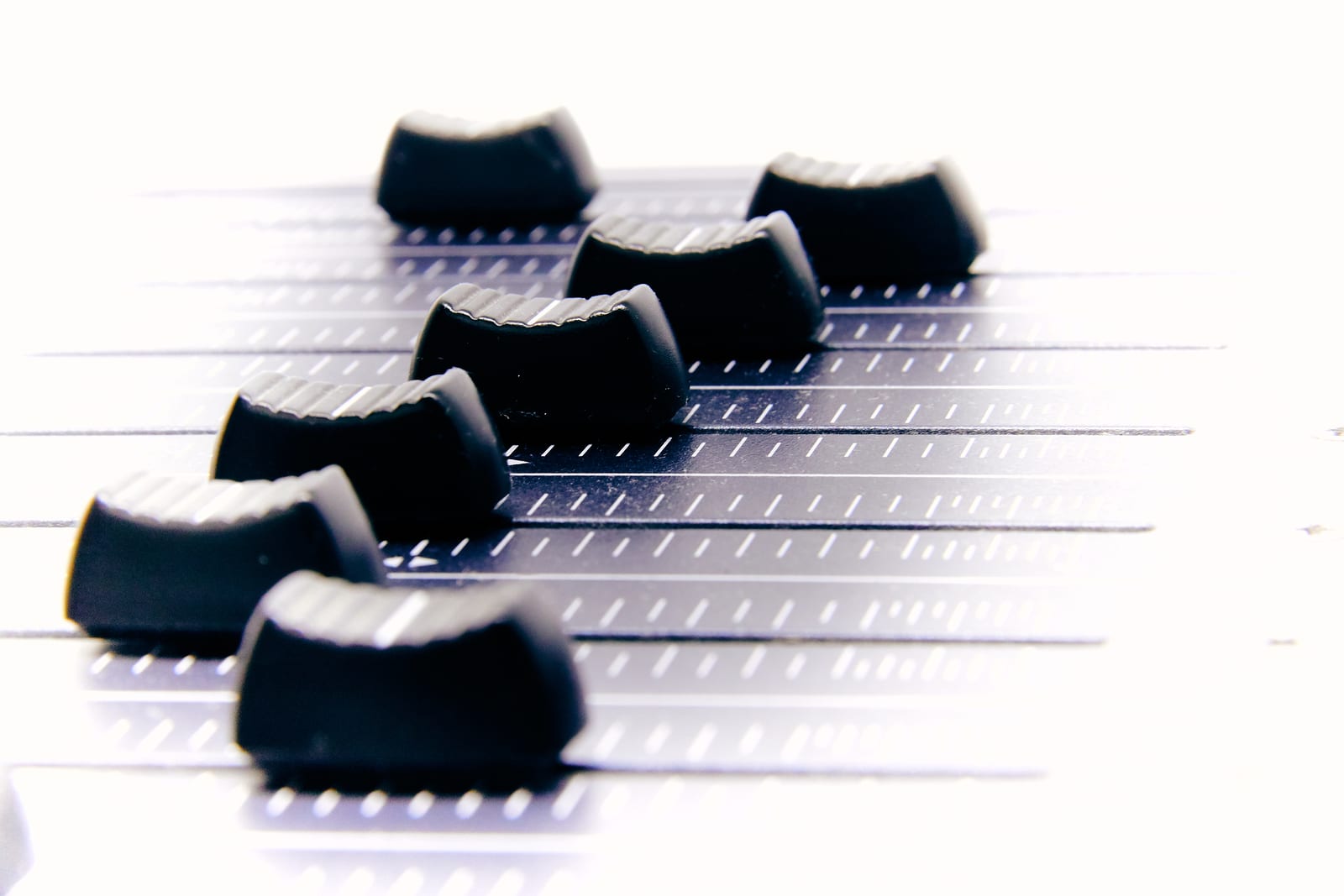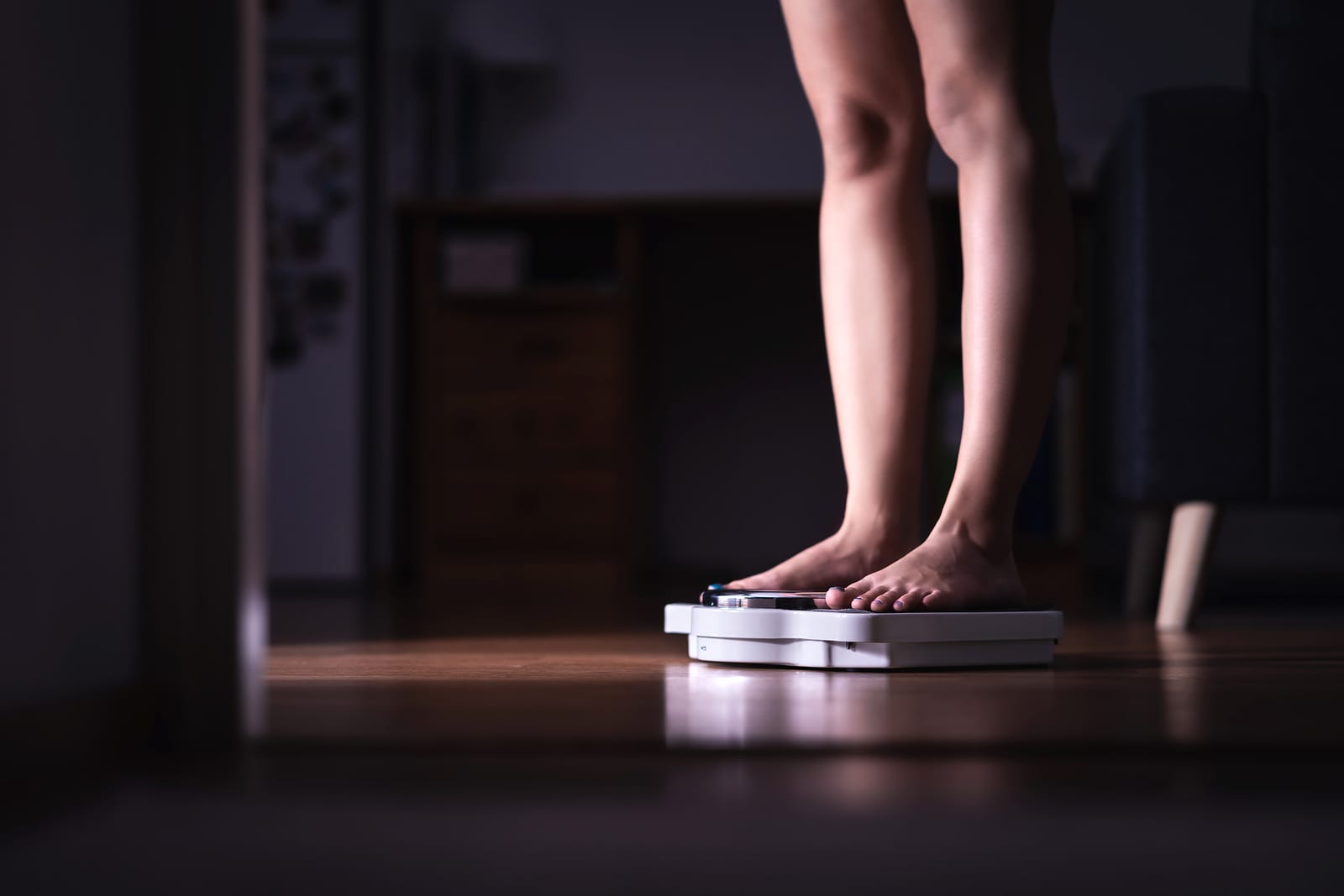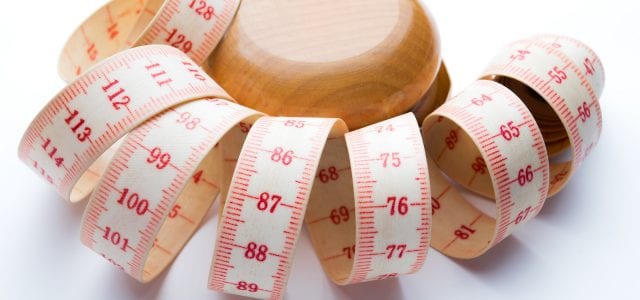We hear people talk about it all the time: “I can’t eat like I used to,” and “I could eat anything when I was younger and nothing would stick to me!” But why is this often the case? How is it that someone can maintain a steady weight throughout their teens early twenties, but at some point a switch flips and that becomes much harder? Who flips the switch? Can it be flipped back? Let’s examine this issue and talk about some potential solutions to the matter of weight loss.
What Does Age Have To Do With It?
When we get older, our hormones change. These chemicals in our body are vital to maintaining muscle mass and keeping energy up throughout the day. As these hormones change, so do our bodies. We get tired more easily and it’s harder to build and maintain muscle. Having more tone muscle is connected with a higher metabolic rate, which burns through the energy we put into our bodies in the form of food. There are other factors as well beyond the chemistry of our own bodies though.
Old Habits Hit Hard
When we’re younger, we have more time for activities and have more energy. It’s possible to spend the day running around, participate in sports, or something similar. Our bodies are not just more efficient at burning calories, but we actually make use of them. We take in high calorie foods like processed snacks and sugary drinks to power our lifestyles, and it becomes a habit.
These habits form alongside exercise and can take its place because they have similar chemical effects on the brain. Both activities release endorphins, and one is definitely easier than the other.Eventually, most people’s lives don’t require the same caloric intake, but the habits have already formed.
We’re So Busy
Even if we’re not running around for exercise, we’re definitely not sitting around doing nothing. For many people, their schedule involves getting up, running to work, getting home, trying to relax and go to bed at a reasonable time, then go to bed and start the process over. There’s not much time for meal preparation, so we grab things that are easy to eat on the go. These kinds of food are the same kind of snacks we need to try to avoid as much as possible when working to control our weight.

What Can Be Done?
Looking at weight gain as an inevitability that cannot be changed can create a lack of motivation to do something about it. The idea that a switch has flipped and it’s suddenly more difficult to maintain weight isn’t entirely accurate. Instead of a light switch, think of it as as series of sliders that can be adjusted, like a dimmer switch or DJ faderboard. No one factor makes us gain weight on its own. It’s a cumulative contribution of many things over a period of time.
Slider #1: Cooking For Yourself
One of the first things that should be done when trying to take control of your diet, is learning to cook for yourself. Knowing what you’re eating on a regular basis and controlling it from start to finish reduces the amount of hidden calories your taking in. This is because when you’re eating out, portions may be larger and loaded with salt and/or sugar to make it taste especially good. When eating at home, it’s been found that you actually consume fewer calories, eat a more balanced diet, and have a more nutritionally fulfilling meal.
Slider #2: Add Variety To Your Grab-n-Go Snacks
Grabbing food as you run out the door is an activity many people can relate to. Often, those prepackaged snacks make for the easiest takeaway foods, but it doesn’t have to be. Apples, bananas, various fruits, nuts, there are plenty of options to just snatch something on the run. The next time you’re looking to stock up on some of your rushing around snacks, try to substitute it for a healthier option.
Slider #3: Get Some Sleep
There is evidence to suggest that if you don’t get enough sleep, your body won’t process food properly, and your weight can reflect that. It can even increase your risk of Type 2 Diabetes. While you sleep, your body is recuperating from the previous day. It’s processing the foods you’ve eaten, repairing wear and tear, and storing excess energy in ways that make it easy to access later on. Putting time aside to get adequate sleep is crucial to ensuring that your body is doing everything it can to process and allocate the food and energy you put into it.
Slider #4: Schedule Some Time
Part of the difficulty associated with starting new habits and breaking old ones is finding the time to make it happen. Put time aside to put together several snacks that you can grab throughout the week. Putting some cut up apples, nuts, or other healthy snacks in a container that you can grab on your busy schedule doesn’t take much time to do, but making that short time commitment can go a long way. This goes for exercise, sleep, and general relaxation as well.
Slider #5: Talk To A Professional
Weight and why we gain it/lose it over our lives is a tricky topic to try to navigate on your own. We do have a harder time maintaining weight as we get older, but your doctor might have a recommendation for a way forward. Because the issue at hand is closely linked with hormone balances, it’s worth scheduling a consultation with a hormone specialist to see what kinds of recommendations and treatments they offer.




